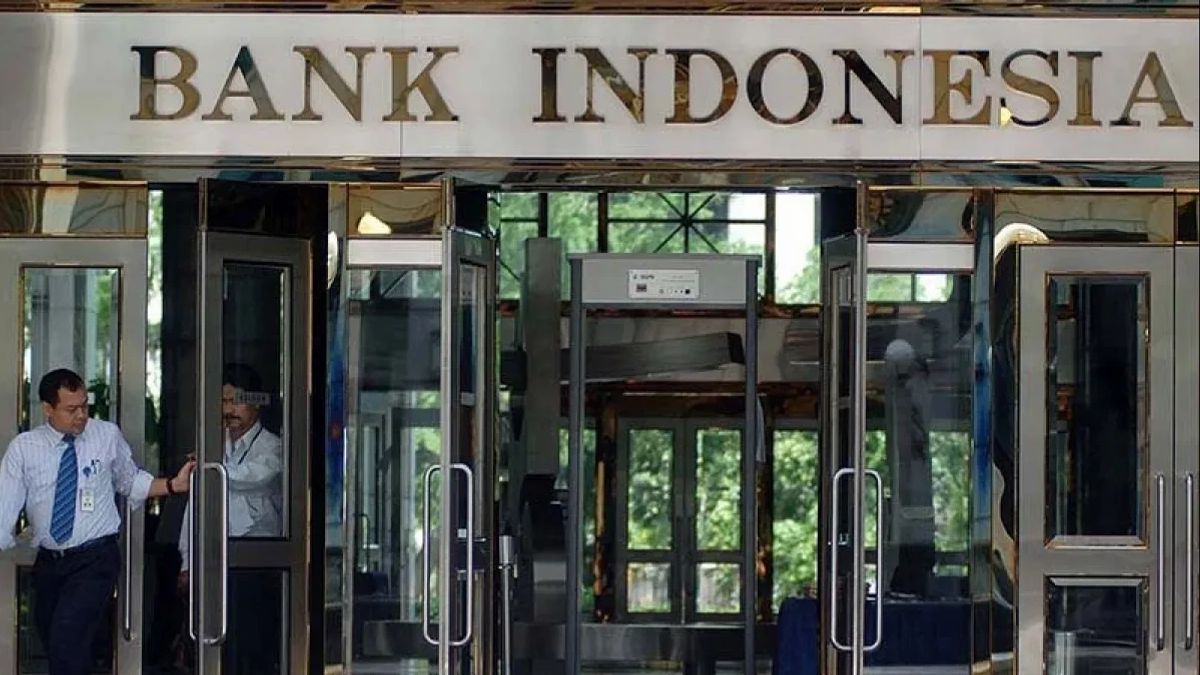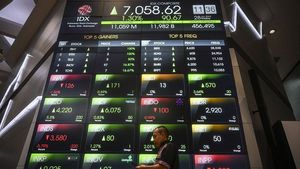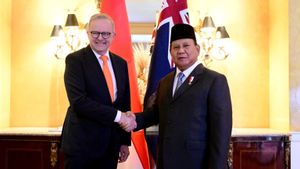JAKARTA - PT Manulife Aset Manajemen Indonesia (MAMI) assesses that the Bank Indonesia (BI) policy regarding interest rates or BI-Rate will depend on global market conditions that can affect rupiah stability.
"If US economic data and inflation subside, this condition can reduce the pressure of strengthening the US dollar, so BI does not need to raise interest rates," said MAMI Laras Febriany's Portfolio Manager Fixed Income in a statement, Sunday, May 26.
Laras said that apart from the pressure from the Rupiah, his party saw that there were no other factors that could trigger BI to raise interest rates, especially because domestic inflation was still maintained.
Meanwhile, the market currently estimates that there is potential for Fed Funds Rate to be cut once or twice. Thus, MAMI estimates that the BI Rate can be in the range of 5.75 percent - 6.25 percent by the end of 2024.
According to Laras BI, it is appropriate to take appropriate steps by raising interest rates to maintain Rupiah's stability. The significant depreciation of Rupiah can lead to the risk of imported inflation that burdens the business world and people's purchasing power in the short term.
Selain itu, Laras menyampaikan stabilitas Rupiah juga penting untuk menarik dana investor asing masuk ke pasar Indonesia.
Laras saw that the market also appreciated BI's decision, as seen from the improving and stable Rupiah exchange rate in the range of Rp. 16,000, the 10 year SBN yield managed to drop from its peak at 7.25 percent to the current level below 7 percent, and foreign investors began to return to the bond market in May.
According to Laras, the second quarter of 2024 will indeed begin with changes in expectations, which are followed by high volatility and less conducive market sentiment. However, with time running, the market also made adjustments, the volatility seemed to subside, and sentiment began to recover.
Overall, the global economy this year is expected to continue to grow, and global inflation is also in a downward trend. In Indonesia itself, economic fundamentals are still maintained strongly, and the catalysts for support and potential financial markets are still very sufficient.
"Let's focus on long-term opportunities, and make short-term volatility an opportunity that doesn't necessarily come back, especially with a view of cutting interest rates that can still occur," he said.
Laras is optimistic about the debt securities market in line with the potential for future interest rate cuts. However, it is necessary to observe that in the short term volatility can still occur due to the Fed's interest rate uncertainty factor.
"Therefore, we always manage the portfolio actively, moving dynamically between defensive and aggressively to form an optimal portfolio," he said.
The strategy of the mutual fund portfolio managed by MAMI will be adjusted based on the latest macroeconomic review and focus on management of duration, cash and effect selection to form a portfolio that can move agilely.
The English, Chinese, Japanese, Arabic, and French versions are automatically generated by the AI. So there may still be inaccuracies in translating, please always see Indonesian as our main language. (system supported by DigitalSiber.id)










